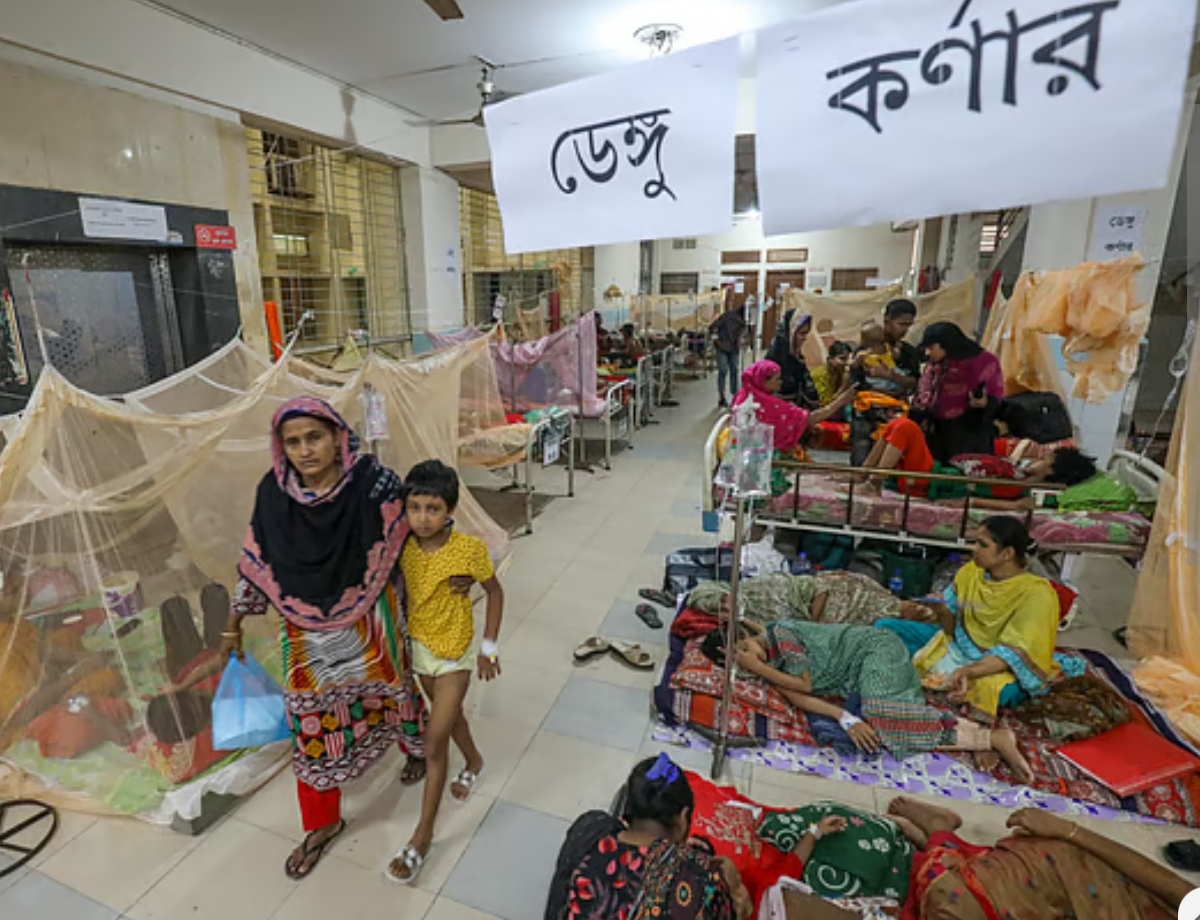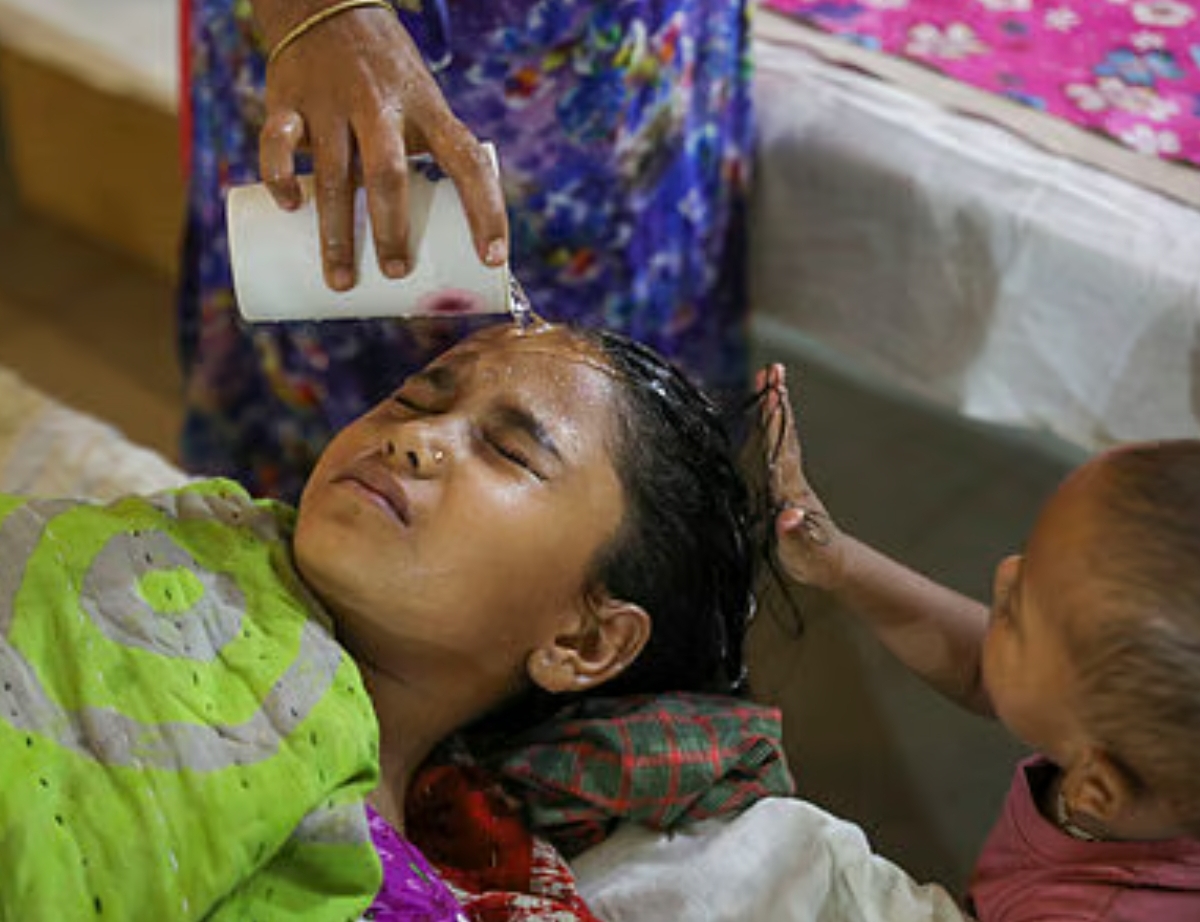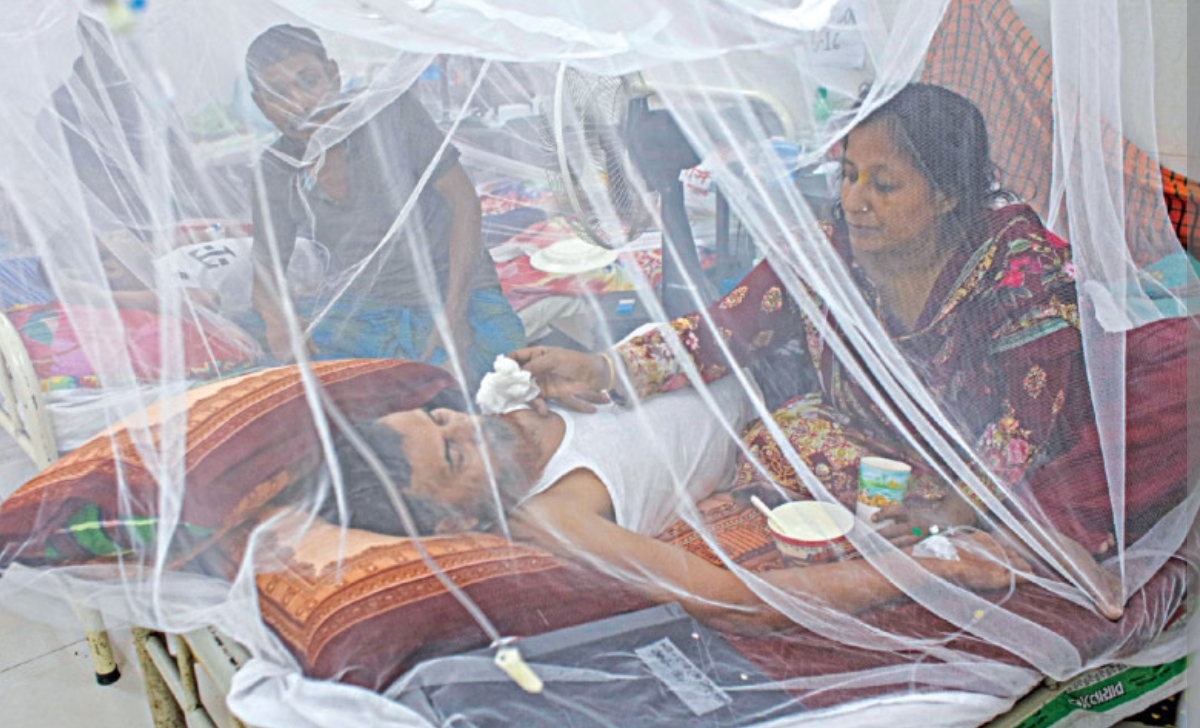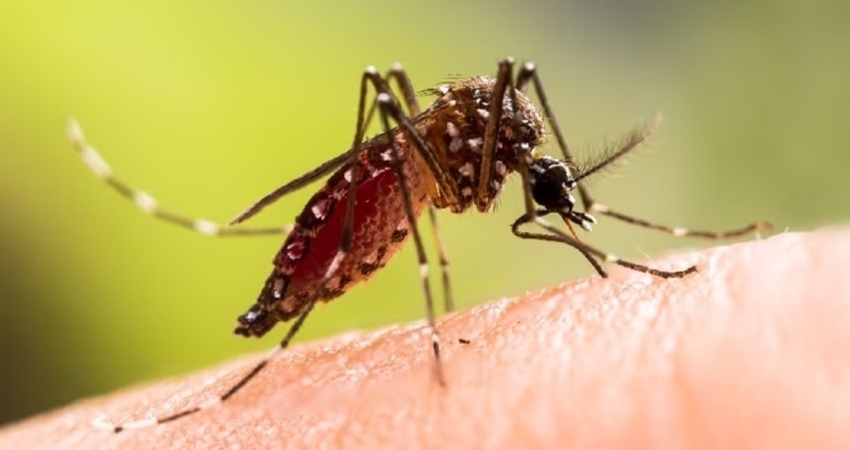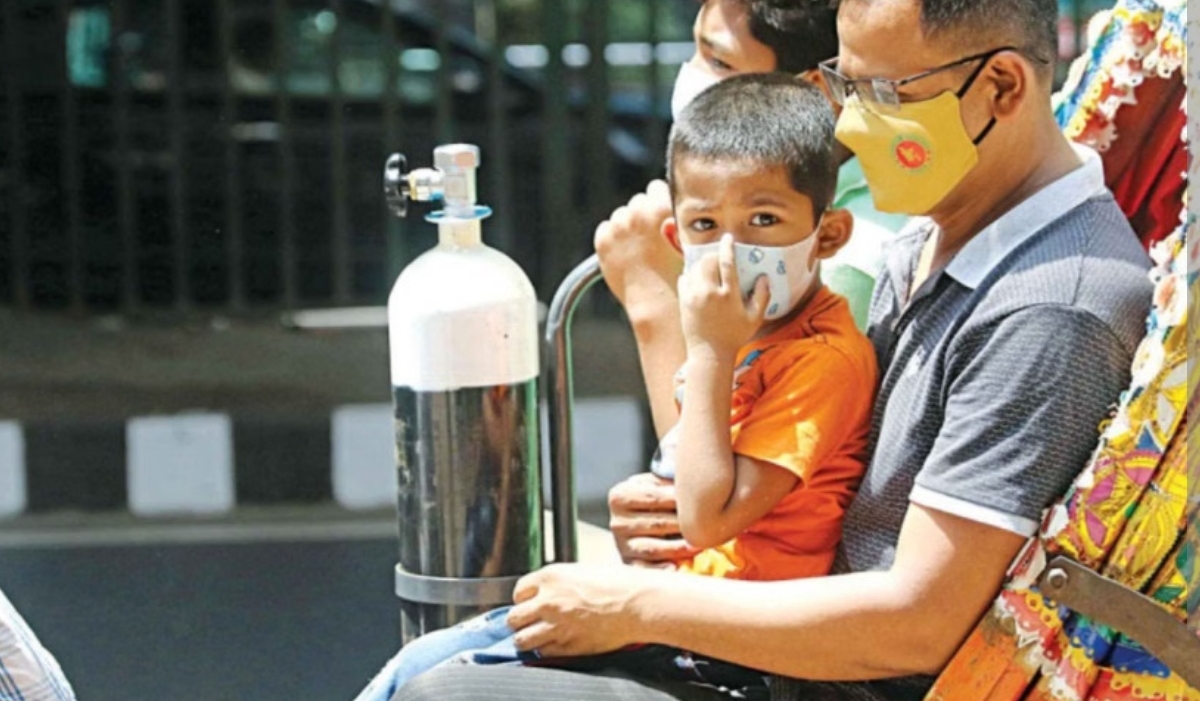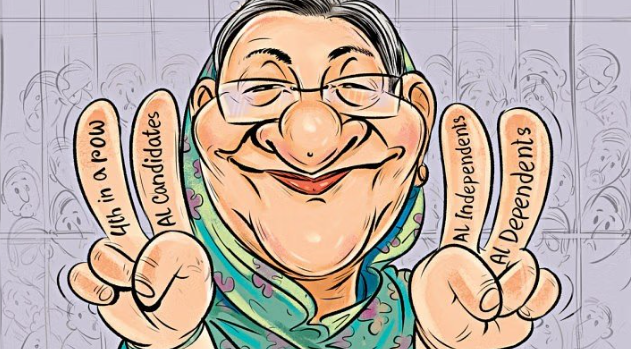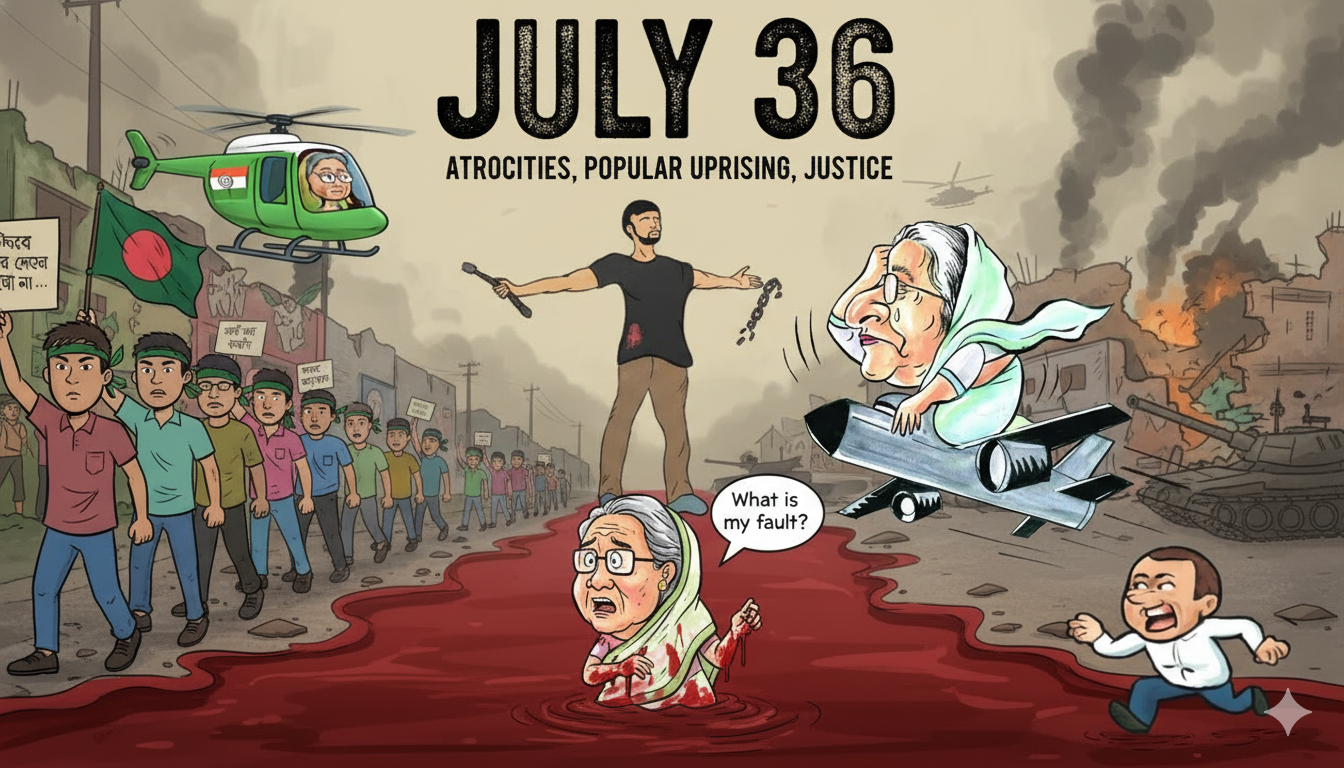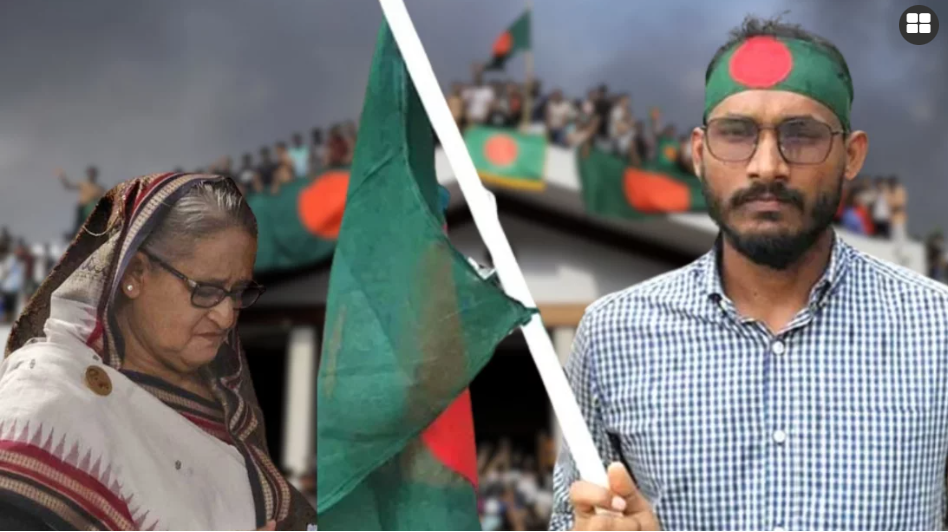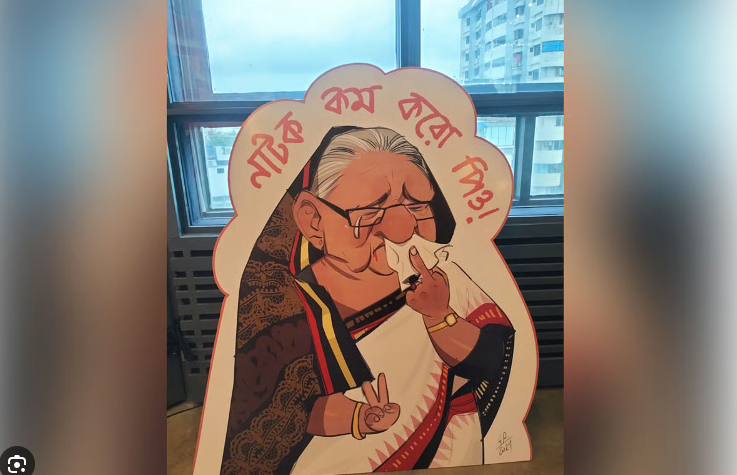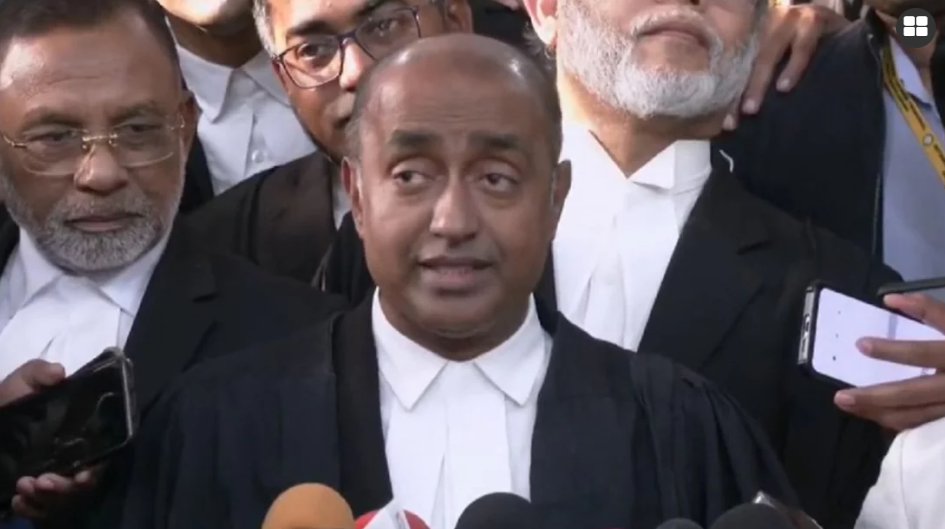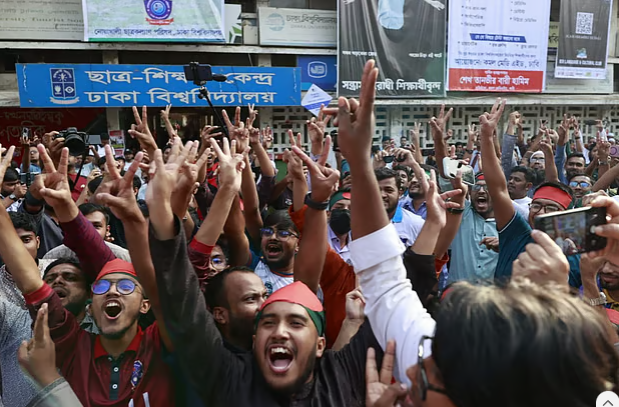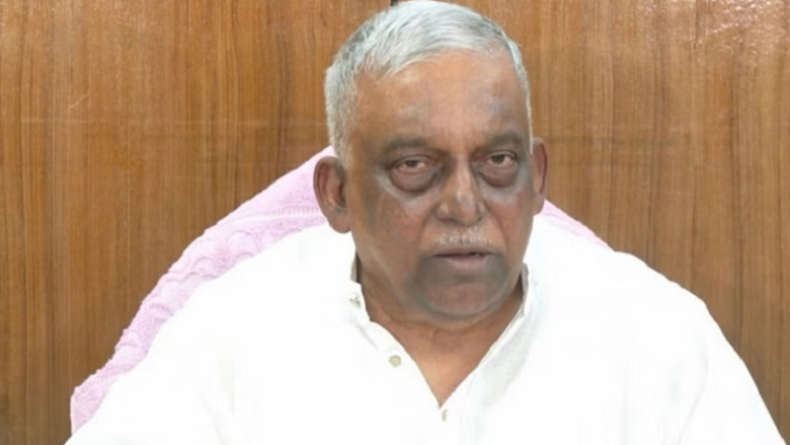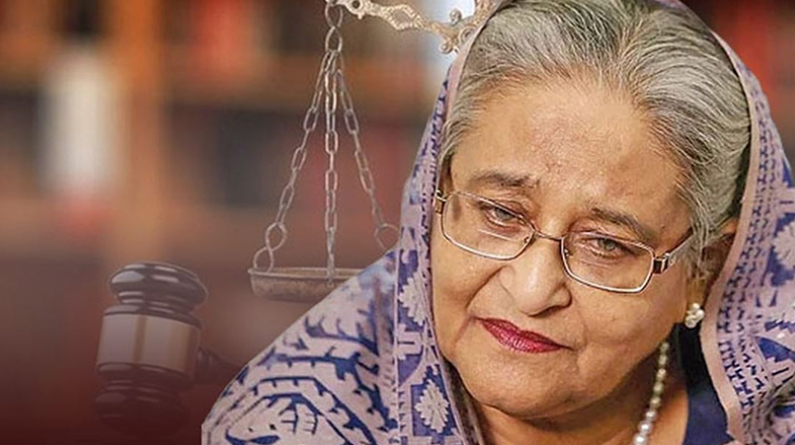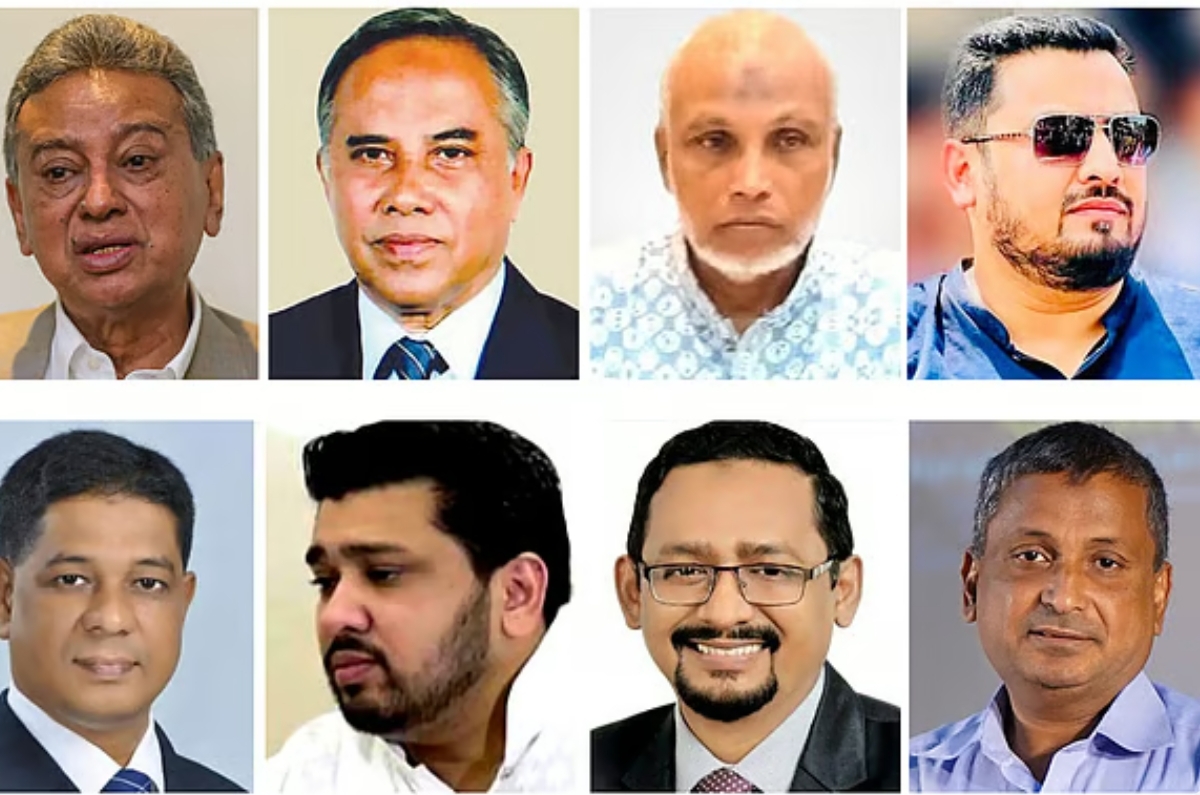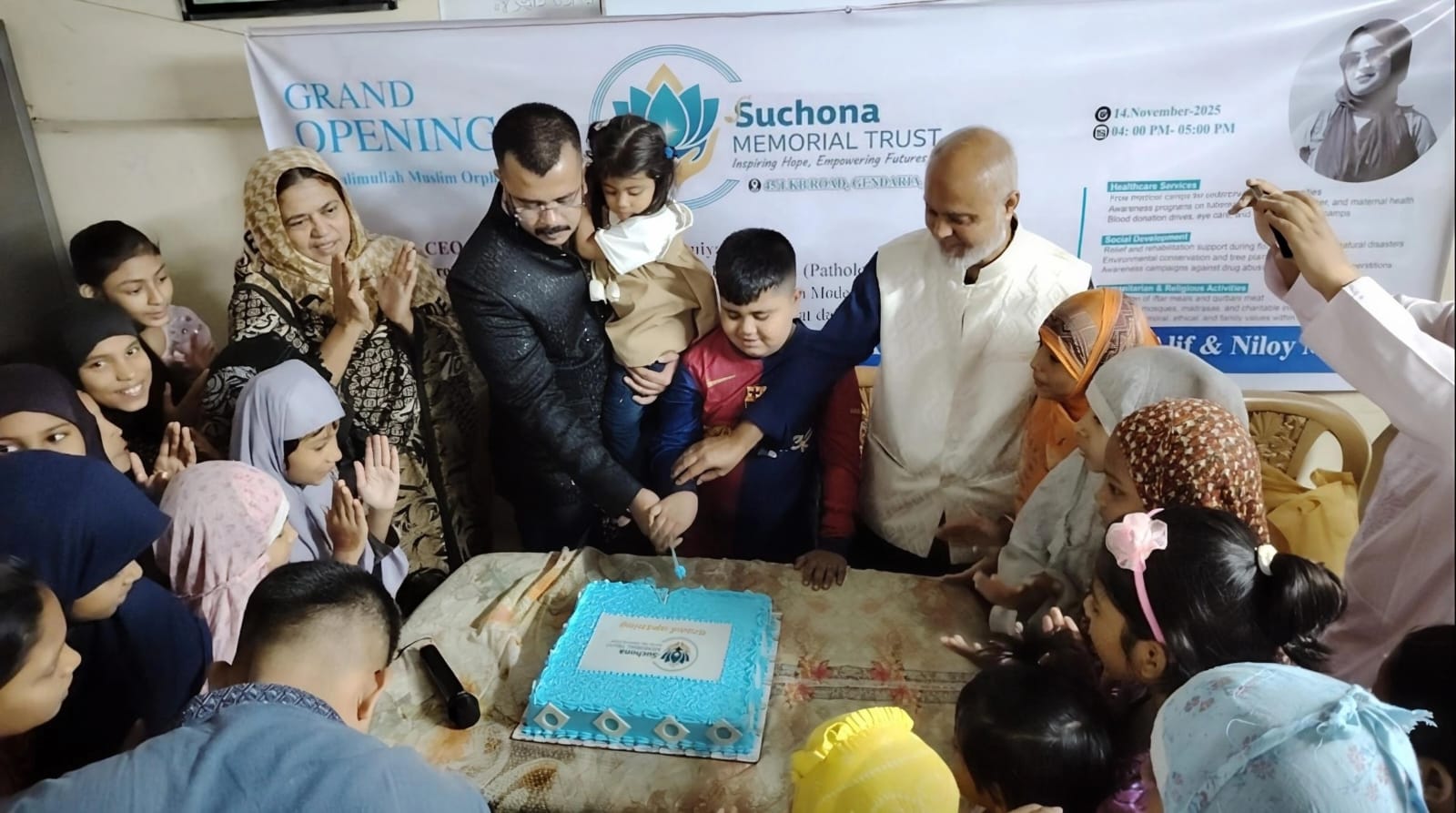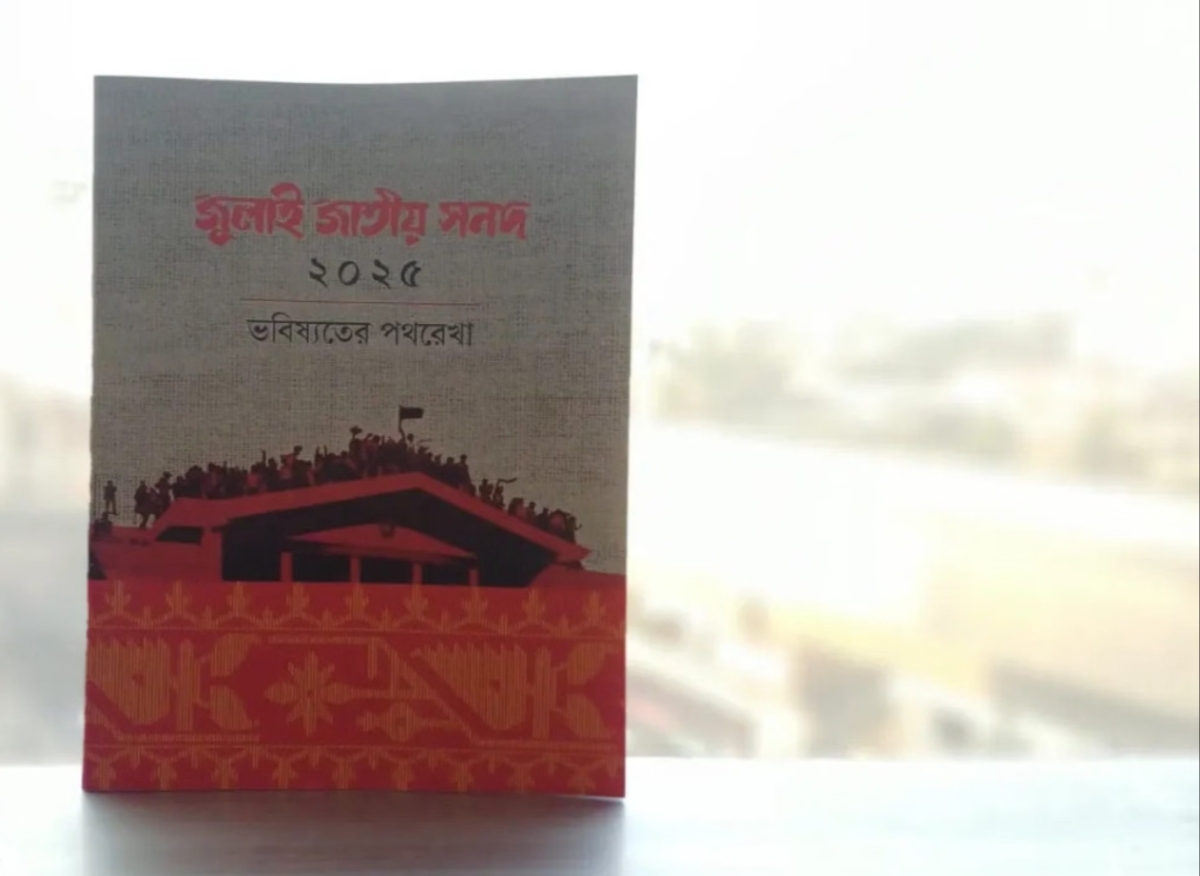Record dengue deaths in a single day, experts blame government mismanagement

- Update Time : 02:25:48 pm, Wednesday, 5 November 2025
- / 92 Time View

Dengue Situation Turns Dire as Bangladesh Sees Highest Single-Day Death Toll
The dengue outbreak in Bangladesh has taken an alarming turn, with infections and fatalities rising sharply since the beginning of November. In the latest 24-hour period—from Tuesday 8 a.m. to Wednesday 8 a.m.—ten people lost their lives to dengue, marking the highest number of deaths in a single day this year.
Earlier, on September 21, the Directorate General of Health Services (DGHS) reported 12 dengue-related deaths, though three of those had actually occurred the previous day. Based on official data, Wednesday’s figure now stands as the deadliest 24-hour period of the year. So far, dengue has claimed 302 lives across the country in 2025.
Public health expert Dr. Mushtaq Hossain remarked that each of these deaths could have been prevented if the healthcare system had been better decentralized and more proactive. “This is tragic. We warned the authorities repeatedly, but they ignored every alert. These deaths are nothing but the outcome of official negligence,” he said.
In the same 24-hour period, 1,069 new patients were hospitalized, bringing the total number of reported cases to nearly 75,000.
Among the latest victims, five people died in hospitals under the Dhaka South City Corporation, including three at Dhaka Medical College Hospital and two at Labaid Hospital. Another three deaths occurred under the Dhaka North City Corporation, including two at Kurmitola General Hospital and one at Shaheed Suhrawardy Medical College Hospital. Two additional deaths were reported from Bhola and Khulna districts.
Dhaka continues to record the highest number of new cases, with 408 hospital admissions in the capital alone. Outside Dhaka, the Dhaka Division saw 214 new infections, with Gazipur leading at 65 cases. The Barishal Division remains one of the hardest-hit areas, reporting 128 new patients in a single day, including 47 in Barguna.
Health experts had warned early in the year that dengue infections could surge, but the authorities largely failed to act. Between July and October, consistent rainfall and warm temperatures created ideal breeding conditions for Aedes mosquitoes. Yet, local government bodies showed little urgency in vector control, and the DGHS was criticized for not improving diagnostic or treatment facilities. It wasn’t until October that the agency issued a brief warning urging citizens to test for dengue if fever developed—but no affordable or widespread testing systems were ensured.
Experts note that cleanliness and sanitation are vital to controlling dengue. These responsibilities lie mainly with local municipalities and government councils, but many such councils have been dissolved in recent years. While their performance wasn’t flawless, experts argue that having elected local representatives ensured at least some level of mosquito control and community hygiene. Their absence, they say, has left the system ineffective.
Recent rains in late October and early November have further worsened the situation. With cases and deaths rising steadily at the start of the month, experts fear the outbreak may soon reach an even more dangerous stage.



